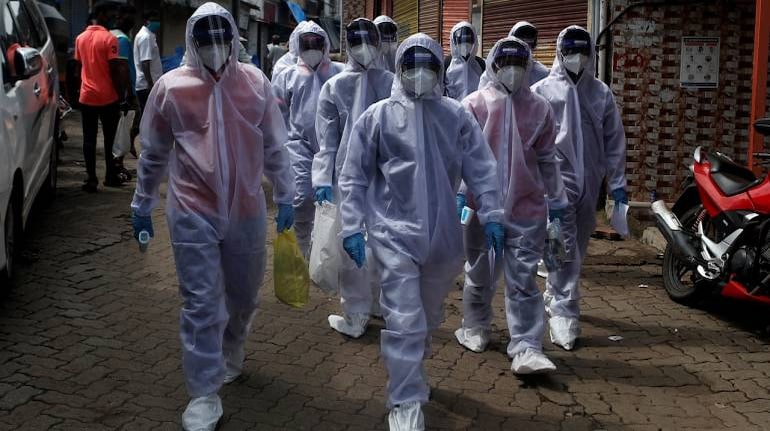



The Maharashtra state government on Wednesday announced new Unlock 5 guidelines for the people to follow amid the rise in COVID-19 cases. In the guidelines, the state government has stated that cinema halls and schools will remain closed in Maharashtra. The new guidelines have been issued in the state as part of 'Mission Begin Again', aiming to ease the flow of activities.
According to the guidelines issued by the state government metro rails will has been kept on the prohibited list of activities. However, all the hotels, food courts, restaurants and bars have been allowed to operate from October 5 onwards. The state government has clearly mentioned that these eatery place can not operate with more than 50 percent of their capacities.
Under the Unlock 5.0 rules, the state government clearly mentioned that all educational institutions including schools, colleges, educational institutes and coaching centres will remain closed till October 31, 2020. Also, cinema theatres, wimming pools, entertainment parks, theatres and assembly halls will continue to remain closed for the month.
Among other things, whose operations have been barred, including metro rail, international flights (except Vande Bharat), all social, political, sports and other functions and large congregations.
Apart from that, Chief Minister Uddhav Thackeray-led government relaxed the norms for all industrial and manufacturing units of non-essential services to operate. The state government stated that Indian Railways is likely to increase the frequency of local trains in the Mumbai Metropolitan Region to meet increased demand.
Giving relaxations to the dabbawalas in Mumbai region, the state allowed them to board local trains only after procuring QR codes from the office of Commissioner of Police, Mumbai.
Discover the latest Business News, Sensex, and Nifty updates. Obtain Personal Finance insights, tax queries, and expert opinions on Moneycontrol or download the Moneycontrol App to stay updated!
Find the best of Al News in one place, specially curated for you every weekend.
Stay on top of the latest tech trends and biggest startup news.